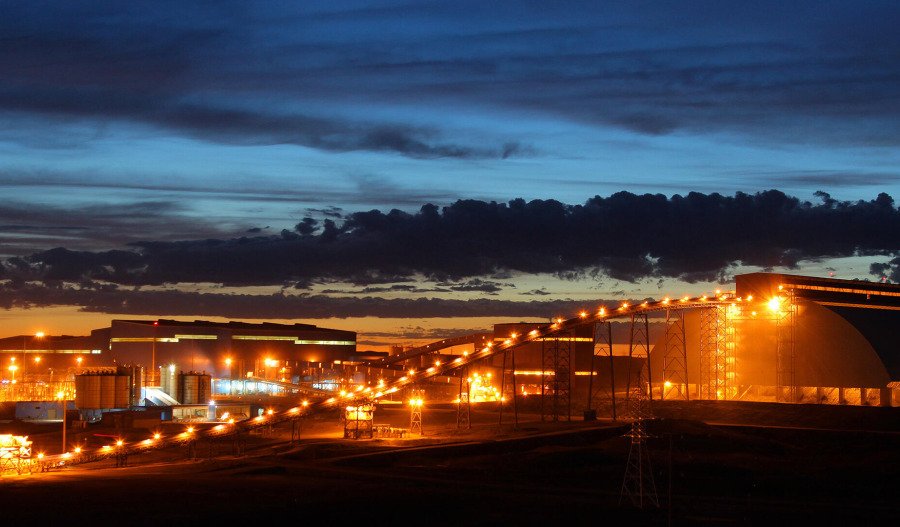In a not totally unexpected move, Rio Tinto (ASX: RIO) has appointed farm boy Simon Trott, 50, from a small town in West Australia to the mining company’s top job, after the shock resignation of former CEO Danish accountant Jakob Stausholm earlier this year.
Stausholm, the fourth Rio CEO to part company in fractious circumstances in 12 years, is understood to have fallen out with chair Dominic Barton over the company's strategy direction.
Trott (pictured above), who has been running Rio’s powerhouse iron business since replacing Chris Salisbury, who was fired following the Juukan Gorge disaster, is expected to run the dual-listed company from London.
Trott started his 20-year career at Rio in a fly-in, fly-out role at the now closed Argyle diamond mine, and prior to running the iron ore division, he was the company’s chief commercial officer.
As well as putting his own stamp on the company, Trott is expected to more closely align with board expectations.
Rio chairman Dominic Barton told the market that Trott was in broad agreement with the need to unlock “significant value” from its existing portfolio by improving operational performance and lowering costs.
“It was a 'natural moment' to appoint a successor ahead of an era where Rio wanted to “double down to deliver greater operational performance,” Barton told shareholders.
Meanwhile, Trott has a lot on his plate navigating U.S. President Donald Trump’s trade war which is destabilising commodity markets, while conflicts in Ukraine and the Middle East also threaten to disturb trade routes.
If Trott’s approach to running the iron ore division is any proxy, he may choose to make Rio less complex and bureaucratic.
Under his helm, the iron ore division has trimmed its headcount by 3% (480 people) over the past 12 months, which suggests the overall operation may be in for future streamlining.
Underscoring Trott’s four years running the iron ore division were multibillion dollar investments in new mines like Western Range in the Pilbara at a time when iron ore was commanding record high prices.
He was also confronted with constant cost increases at a time when the quality of ore from exiting mines was getting harder to maintain.
Then there was the delicate job of repairing relations with native title custodians after an ancient rock shelter in Juukan Gorge was destroyed.
While the Albanese government had always hoped an Australian would end up with Rio’s top job, Resources minister Madeleine King said she could live with a London-based Rio CEO, even though WA is where it makes most of its money.
“I am really very proud that a fine Western Australian, from the Wheatbelt town of Wickepin, will lead Rio, an international resources company of great significance.”



